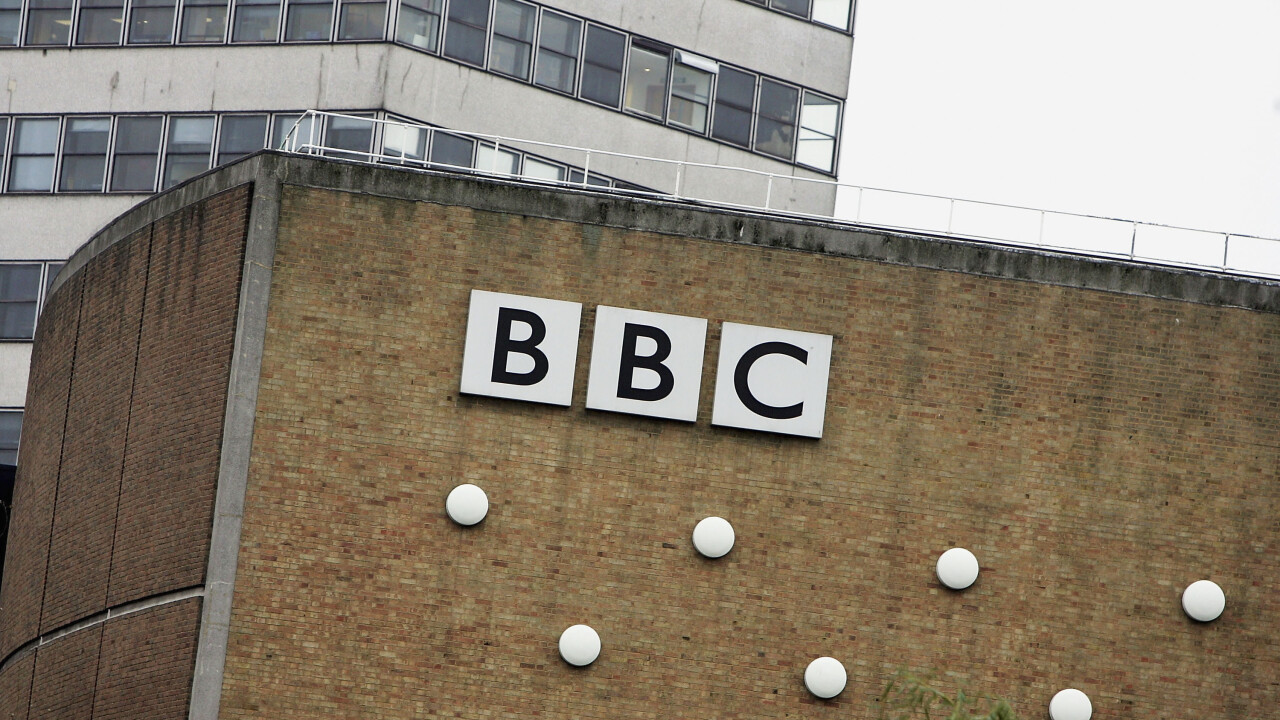
The BBC is experimenting with a ‘Virtual Local Radio‘ setup that will see four of its stations leveraging the same back-end infrastructure and equipment managed in a remote data centre.
BBC Radio Northampton is the first ‘virtual’ radio station to begin broadcasting this way. The studios might look the same, with the usual play-out system and mixing desks, but all of the audio files are now stored, streamed, mixed and processed in a different location. The BBC says this should improve audio quality and the ability for stations to share content with one another.
The BBC says this approach could “potentially” reduce costs for its network of local radio stations. With fewer stations to visit and upgrade, it would in theory reduce the broadcaster’s time and expenditure.
“We’ll continue to test and iterate the technology to help shape future plans before we decide whether to roll the system out across additional BBC Local Radio stations,” Peter Coles, interim CTO for the BBC said.
➤ BBC introduces ‘virtual’ Local Radio stations
Featured image credit: Scott Barbour/Getty Images
Get the TNW newsletter
Get the most important tech news in your inbox each week.




